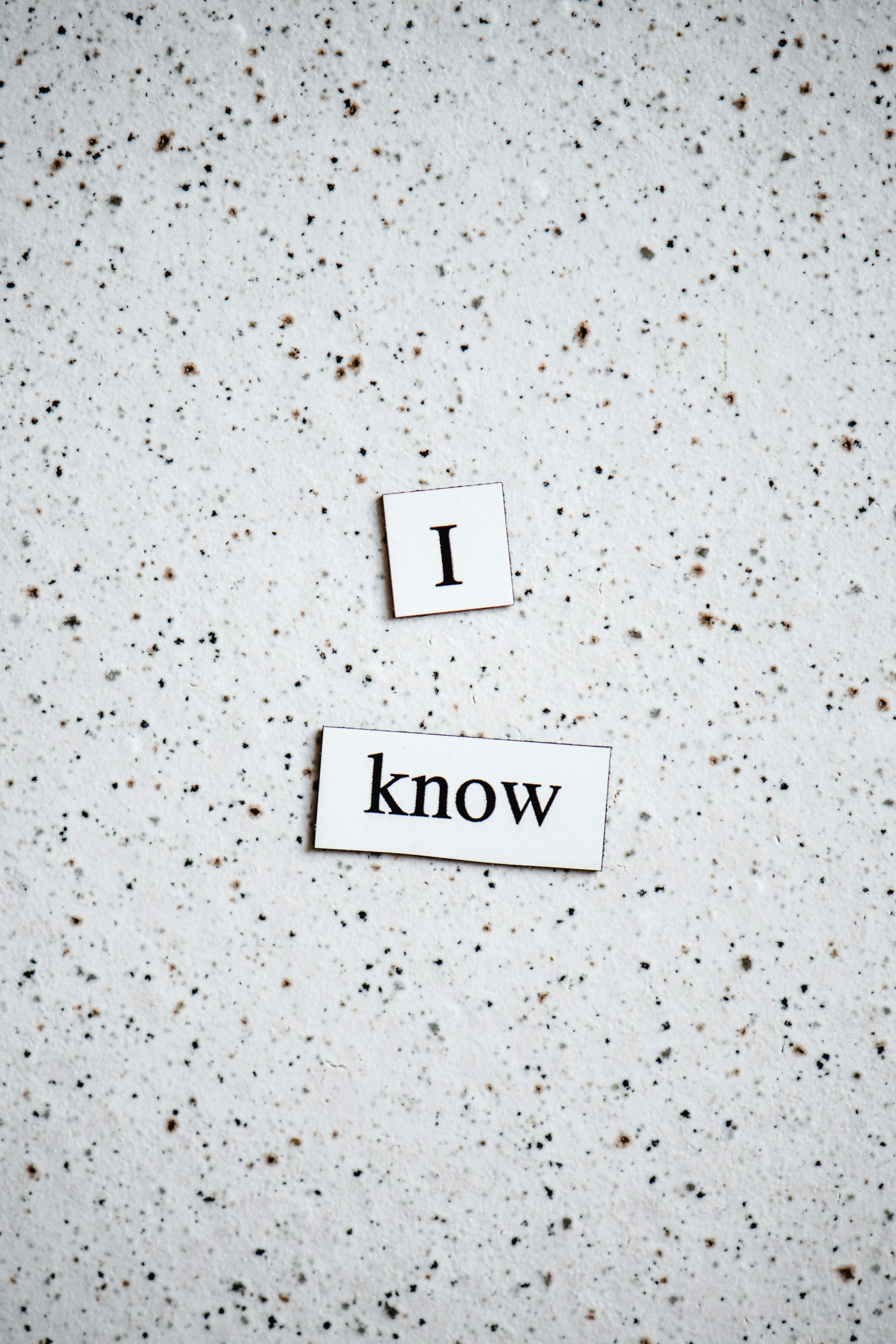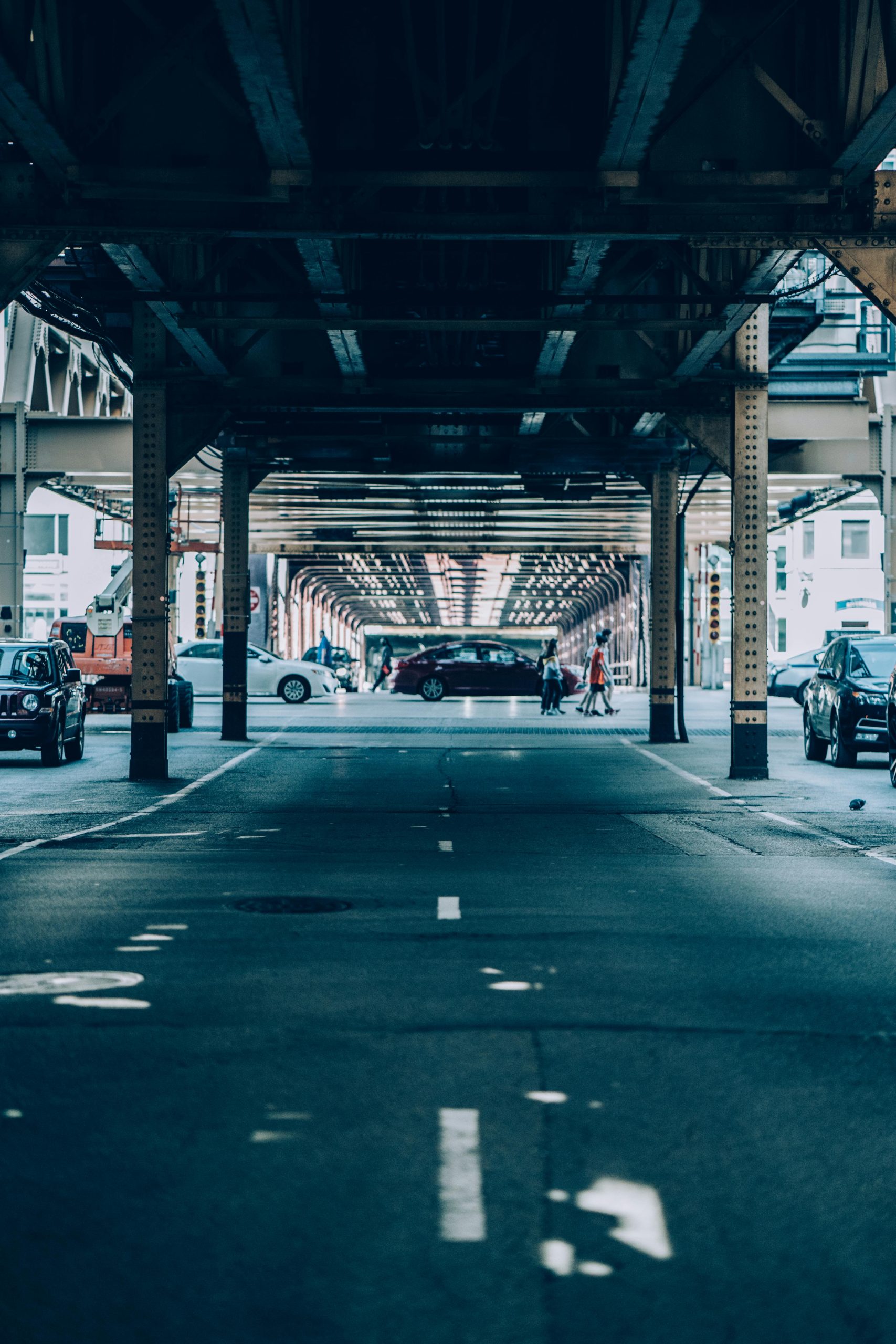What To Do After Being Rear-Ended by an Uninsured and Unlicensed Driver
Experiencing a car accident can be stressful, especially when the other driver lacks proper licensing and insurance. If you’ve recently been involved in a rear-end collision where you’re not at fault, and the other party wishes to settle privately, understanding your options and rights is vital. Here’s a comprehensive guide to navigating this situation.
Scenario Overview
Imagine being rear-ended on a Saturday by a vehicle that lacks both license and insurance. Fortunately, the impact was minimal—primarily a scratched rear bumper. The driver involved doesn’t possess identification tags, but you have gathered substantial evidence:
- Video footage showing the incident, license plate, and both drivers’ faces
- Photographs of the damages incurred
- Contact information for the driver and passenger, including phone numbers and IDs
At the moment, body shops are closed, preventing you from obtaining an immediate repair estimate. Your insurance provider is GEICO, and you hold collision coverage on your policy.
Key Considerations and Questions
1. Timing and Claims Process
Since you plan to get a repair quote on Monday, you may wonder: Are there deadlines to file a claim? Can you notify GEICO now about the incident to keep options open without unintentionally initiating a claim? Generally, insurance policies require accidents to be reported promptly—often within a specific timeframe, such as 24-48 hours, depending on the policy.
Recommendation: Contact GEICO as soon as possible to inform them of the incident, explaining you’re exploring a private settlement but wish to preserve your rights. This way, you maintain coverage options while avoiding potential claim deadlines or complications.
2. Collision Deductible Waiver
Given that the other driver was uninsured, you might be eligible for a waiver of your collision deductible. Check with GEICO specifically about their uninsured motorist property damage (UMPD) coverage, which can sometimes cover damages from uninsured drivers without your deductible applying.
Recommendation: Review your policy or speak directly with your GEICO representative to confirm whether this coverage applies in your situation.
3. Impact on Your Premiums
Even if you’re clearly not at fault, insurance companies often review claims history when calculating premiums. Some recent events, especially involving uninsured drivers, could potentially influence your future rates—even if your insurer doesn’t assign fault.
Recommendation: Ask GEICO about how this incident might affect your premiums and whether filing a claim is advisable versus trying to settle privately. Sometimes



